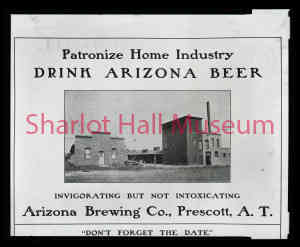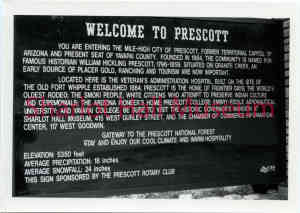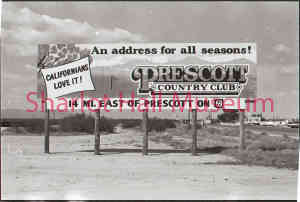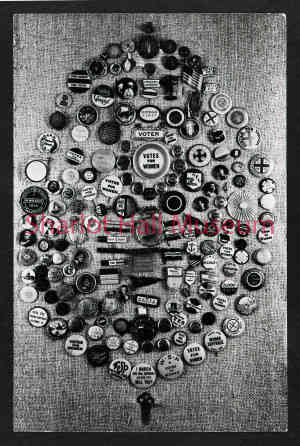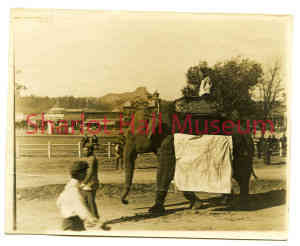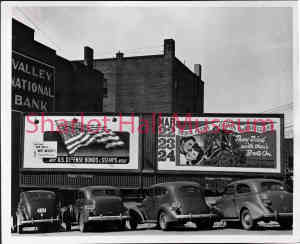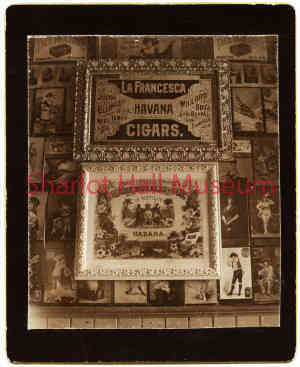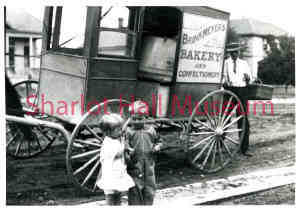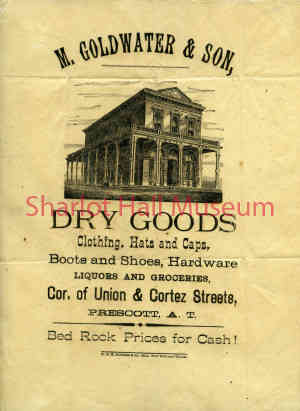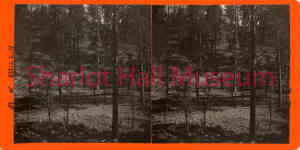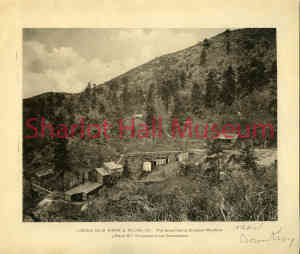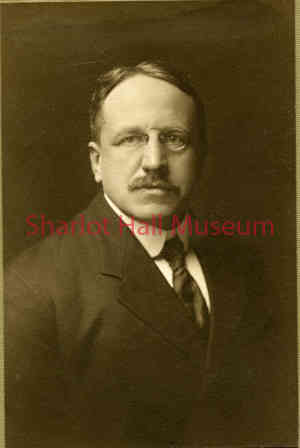Arizona Brewing Company Advertisement
Advertising & Signs
4X38X8
-
1000-0104-0000
-
1000-0110-0000
Welcome to Prescott Sign
Advertising & Signs -
1000-0105-0000
Prescott Country Club Sign
Advertising & Signs -
1000-0107-0000
Women's Suffrage Badges
Advertising & Signs -
1000-0106-0000
Advertising Stunt with Elephant
Advertising & Signs -
1000-0108-0000
Billboard Advertisements
Advertising & Signs -
1000-0109-0000
Cigar Box Covers
Advertising & Signs -
1000-0111-0000
Brinkmeyer's Bakery Wagon
Advertising & Signs -
1000-0101-0000
M. Goldwater & Son Flyer
Advertising & Signs -
1600-0210-0000
Capital Mine
Advertising & Signs -
1600-0422-0020
Lincoln Gold Mining & Milling Company
Advertising & Signs -
1700-1527-0002
Fred Tritle
Advertising & Signs



